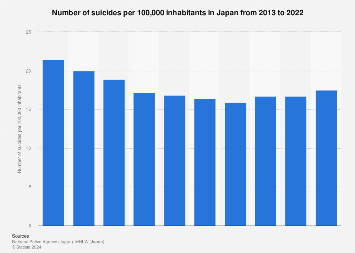- Joined
- Oct 30, 2015
- Messages
- 819
Okinawa is considered to be on of the 5 "blue zones", a term assigned to places with the highest percentage of centenarians.
I stumbled across this paper and this table. Interesting.
Within the context of the debate that is currently taking place on the forum, to me the calcium and vitamin a intake was of particular interest.

I stumbled across this paper and this table. Interesting.
Within the context of the debate that is currently taking place on the forum, to me the calcium and vitamin a intake was of particular interest.



